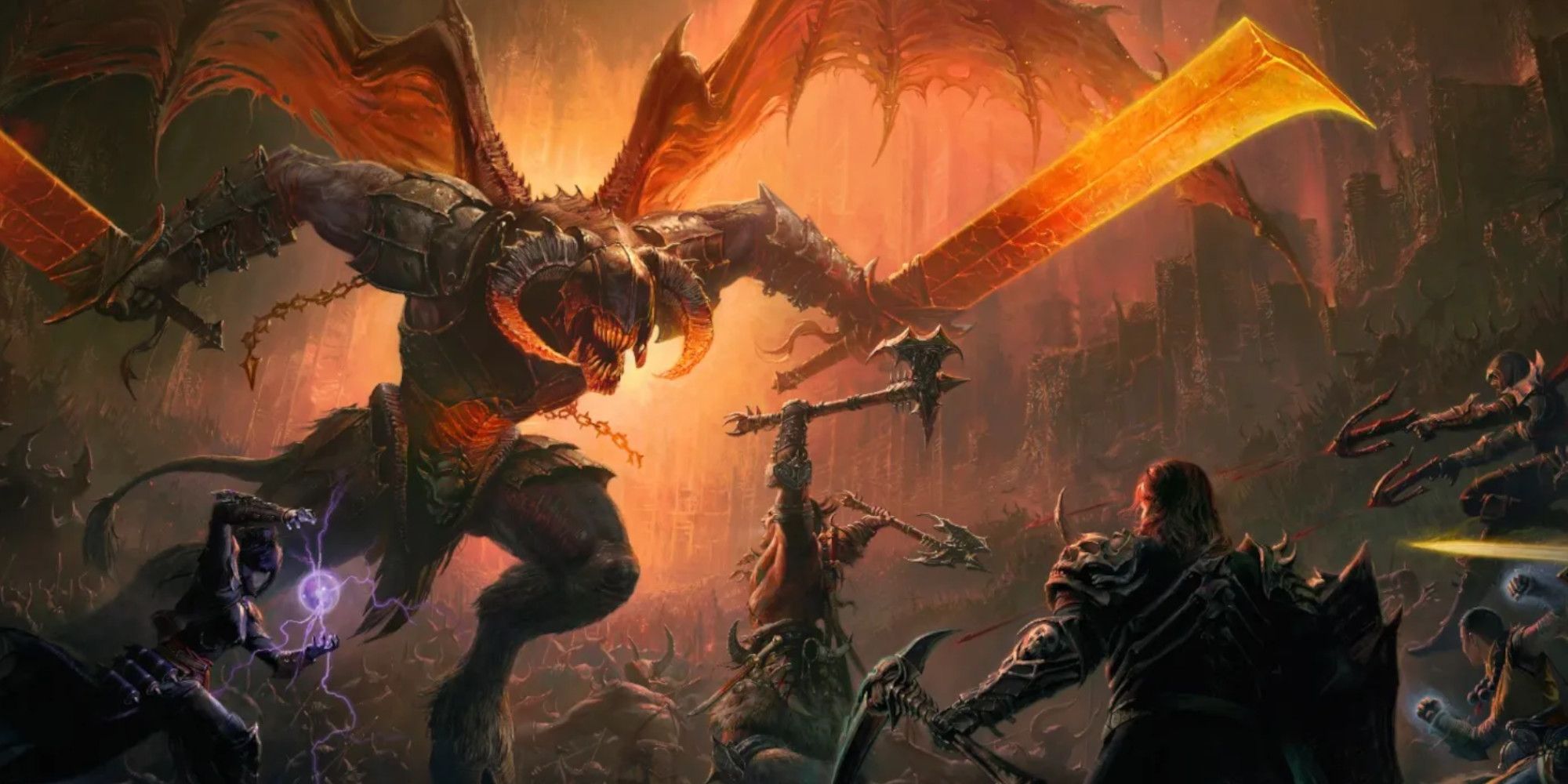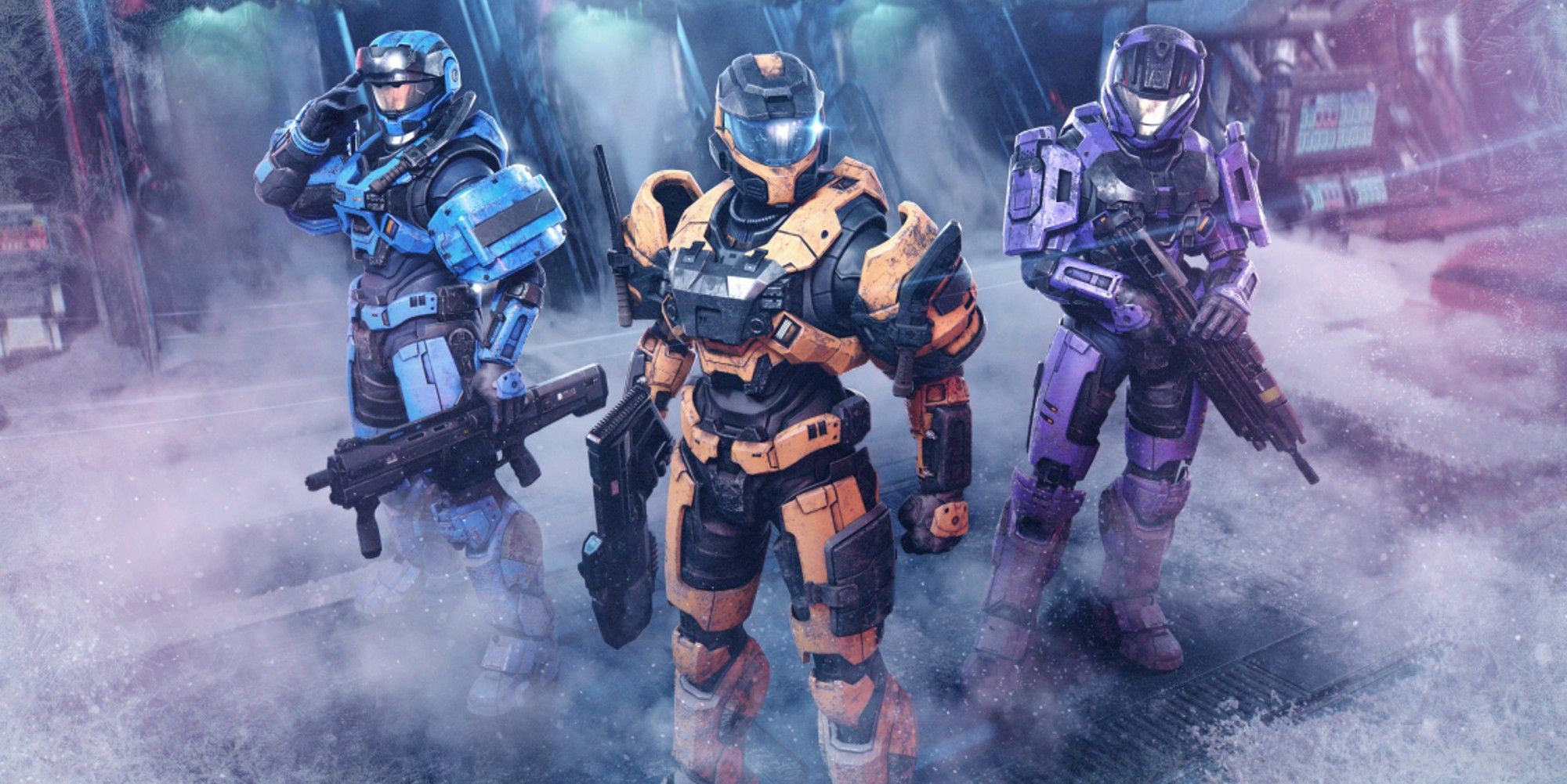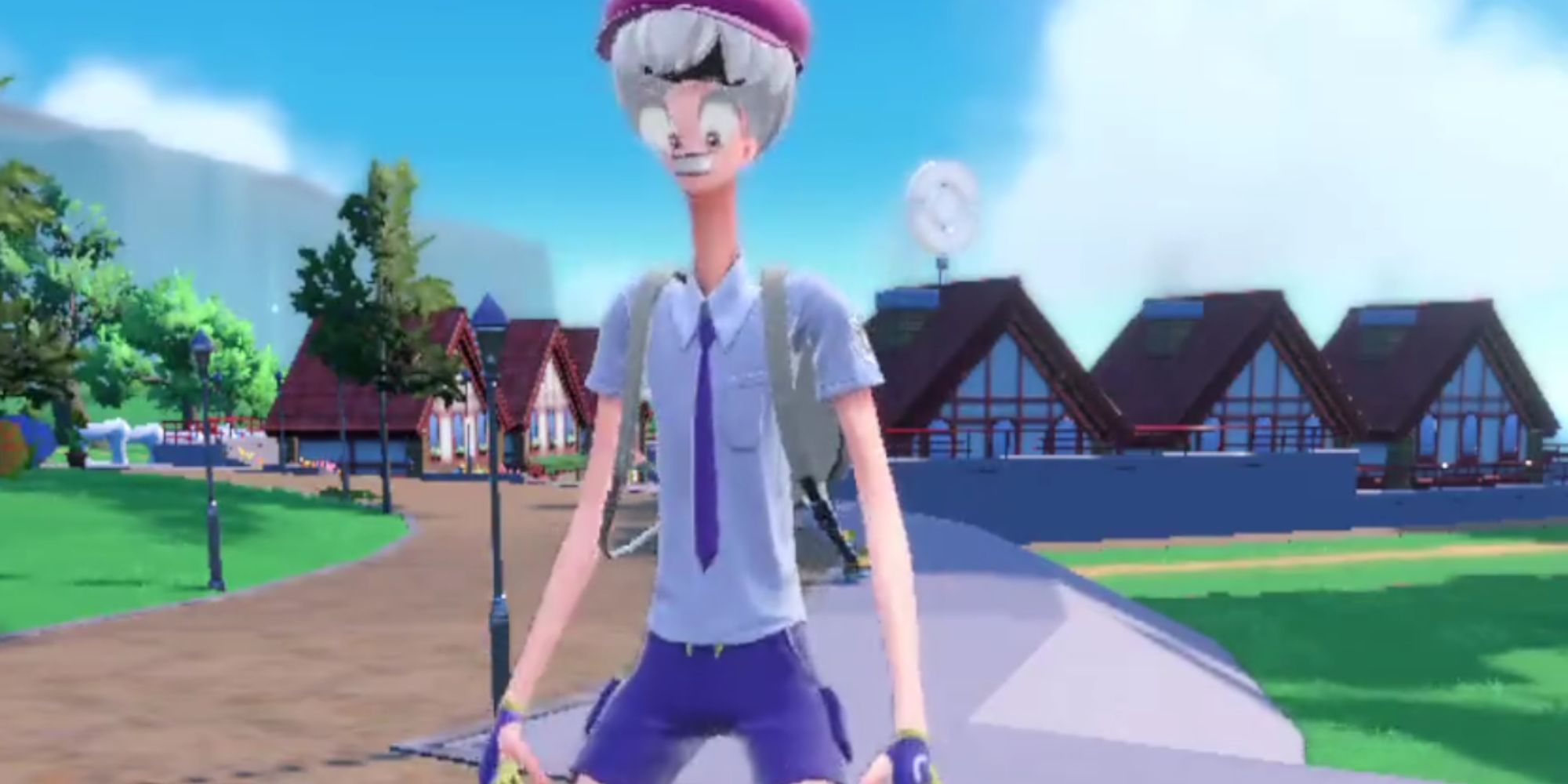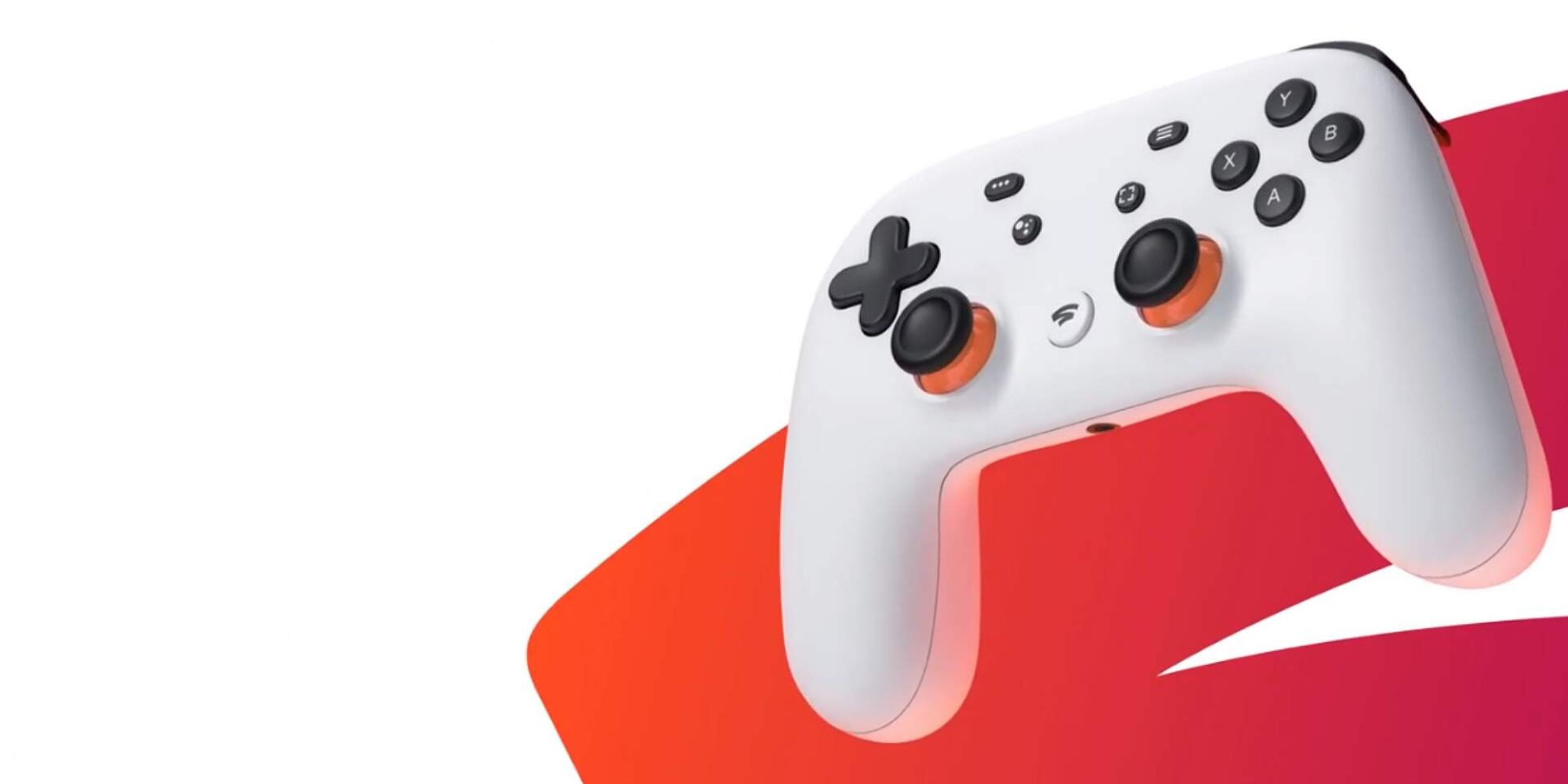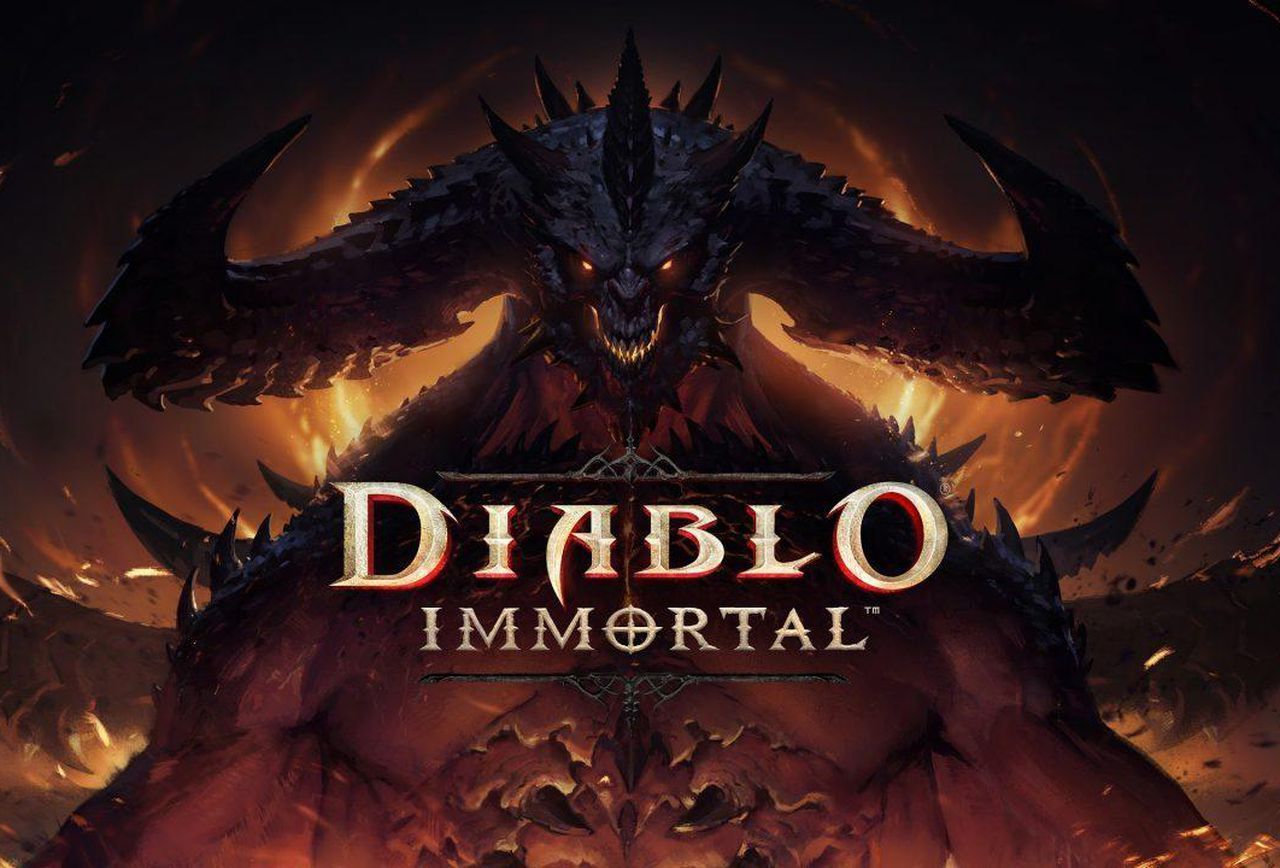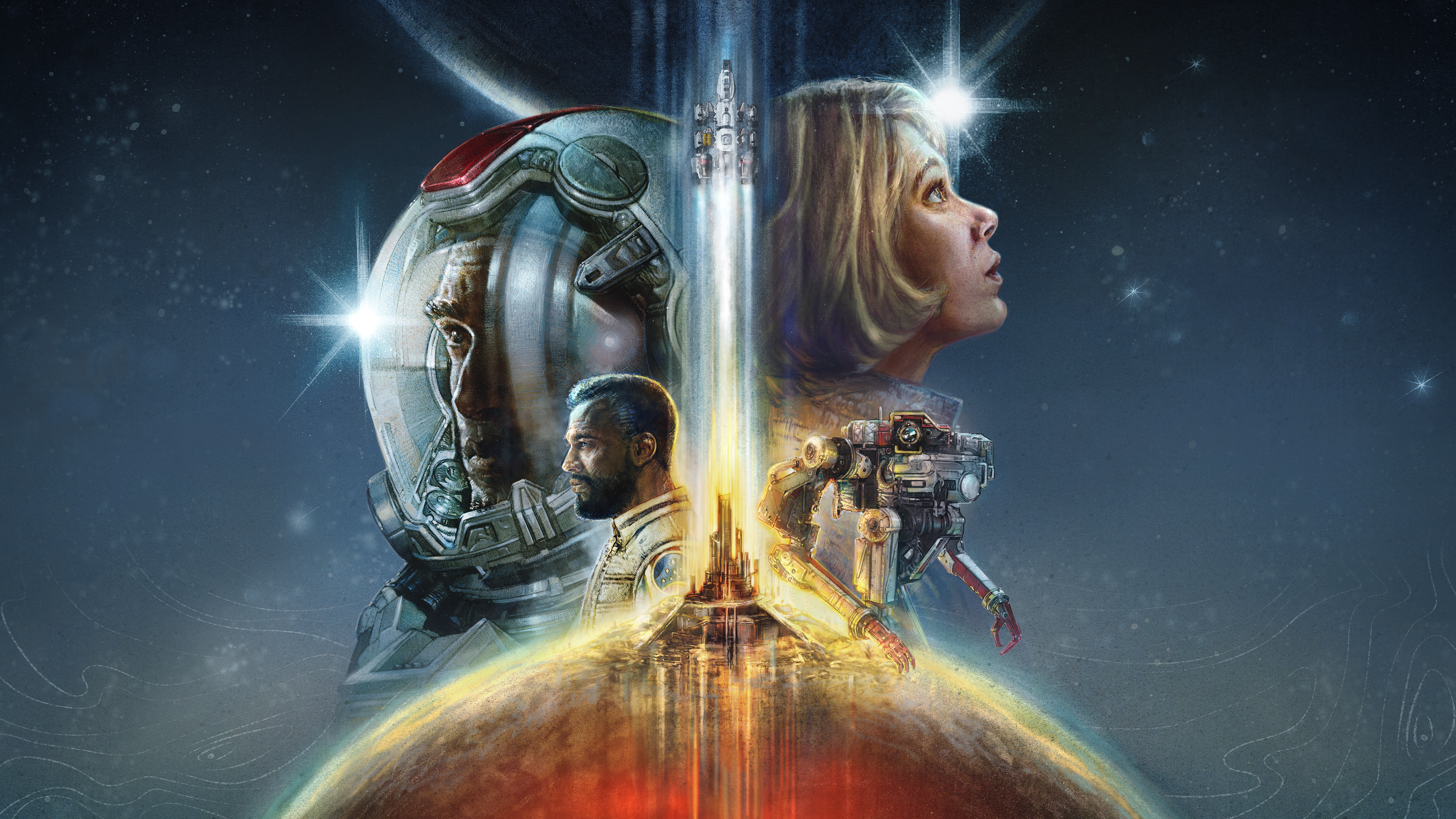One of my favorite things about the holidays is that it gives us an opportunity to reflect on the year and celebrate the games that made the biggest impact on us. Aside from my annual Game of the Year list, I’ve also written about what a great year mobile games have had, the game with the best romance of the year, and the five games that moved the industry forward. This was an excellent year for games that represents a major recovery for the industry following a year of pandemic-driven setbacks. That being said, fair criticism requires rigorous honesty, and not every game that came out this year hit the mark. This won’t be a mean-spirited ‘worst of’ list or TheGamer equivalent of the Razzies, but just as it's important to recognize the highs, we must also acknowledge the lows. Holding studios and publishers accountable for overpromising and under-delivering is important, so if you’ve already had enough holiday cheer, here are 2022’s biggest gaming disappointments.
Halo Infinite’s Non-Recovery
Halo Infinite had a rough start when it launched in December 2021 thanks to limited playlists, confusing customization, and an unrewarding battle pass that demanded an unreasonable grind. An entire year has passed and, while some improvements have been made, Halo Infinite still isn’t the multiplayer powerhouse we all expected it to be. Developer 343 Industries was woefully unprepared to support a live-service game, and the content pipeline has been remarkably dry for the entirety of 2022. In September the studio revealed Season 2 - already overly-long at six months - was being extended an additional four months to give them time to accelerate development, while promised features like Forge were delayed and couch co-op was outright cancelled. 343 is experimenting with an accelerated battle pass in its recent update and promising shorter seasons in 2023, but it might be too little too late for the once highly-anticipated shooter.
Pokemon’s Performance
I won’t suggest that Pokemon Scarlet & Violet - a game that smashed records by selling ten million copies in three days and appearing on many GOTY lists - is a disappointment, but we can’t ignore the fact that it has major performance issues on the Switch. You may be able to look past them and enjoy the game for what it is, but the reality is that Pokemon is the biggest most successful video game franchise in the world, and expecting the new flagship Pokemon game to run smoothly on the platform it's exclusive to is a pretty low bar to clear. If Breath of the Wild, Xenoblade Chronicles 3, and Bayonetta 3 can run as well as they do on the aging Nintendo hardware, there’s no excuse for Pokemon Scarlet & Violet’s shoddy performance.
Stadia’s Shutdown
Stadia’s demise was predictable, but it’s still disappointing for the industry. The technology it introduced opened up exciting opportunities for developers and players alike, and its failure will undoubtedly lead to even more hesitation and resistance to game streaming going forward. Google’s mishandling of the platform is only half of the story though. The way the gaming community rooted against a disrupter attempting to bring new ideas to the industry was also disappointing to see. I certainly won’t miss Stadia when it shuts down in January, but I’ll be mourning what it could have been.
Blizzard’s Monetization Antics
Blizzard’s culture of misogyny and long history of workplace discrimination were exposed thanks to a series of state and federal lawsuits last year, and while some steps have been taken to rectify the harm that has been caused and rebuild the internal structure to ensure the fair treatment of employees going forward, it seems that the pending Microsoft acquisition has kept the troubled studio in limbo, unable to truly reform or reckon with its past. One of the things that makes Blizzard’s behind-the-scenes story so shocking is that it has always had such a positive reputation among players.
Blizzard has established an inclusive, customer-first image by consistently delivering quality games and avoiding predatory monetization practices that have become all too common in the industry. However, with the release of Diablo Immortal and Overwatch 2, Blizzard finally lost that reputation. These microtransaction-filled scams feel like marketplaces masquerading as games, and it's been hard to watch what was once an industry leader leverage all the most common dirty tricks that low effort-monetization models have to offer. 2022 was the year that Blizzard became as ugly on the outside as it is on the inside.
All The Delays
The ripple effect of the pandemic lingered on in 2022, and one wonders if the industry will ever fully recover, or if frequent delays and rocky launches are just the new normal. Games were getting delayed even before the pandemic, but the volume of delayed games has increased significantly, to the point where it’s almost rare for a game to actually come out when it’s expected to. Among the most high-profile delays in 2022 were Starfield, The Legend of Zelda: Tears of the Kingdom, Suicide Squad: Kill the Justice League, Forspoken, Sons of the Forest, Redfall, Prince of Persia, Homeworld 3, Avatar: Frontiers of Pandora, The Lord of the Rings: Gollum, Bomb Rush Cyberfunk, Skull and Bones, and Dead Island 2, just to name a few. Russia’s unprovoked attack on Ukraine caused a handful of delays too, which is disappointing for an entirely different reason.
Most disappointing of all, neither Hollow Knight: Silksong nor Metroid Prime 4 came out in 2022. Here’s hoping 2023 is the year the industry finally gets its shit together, stops releasing half-baked games, and starts treating its employees right.

